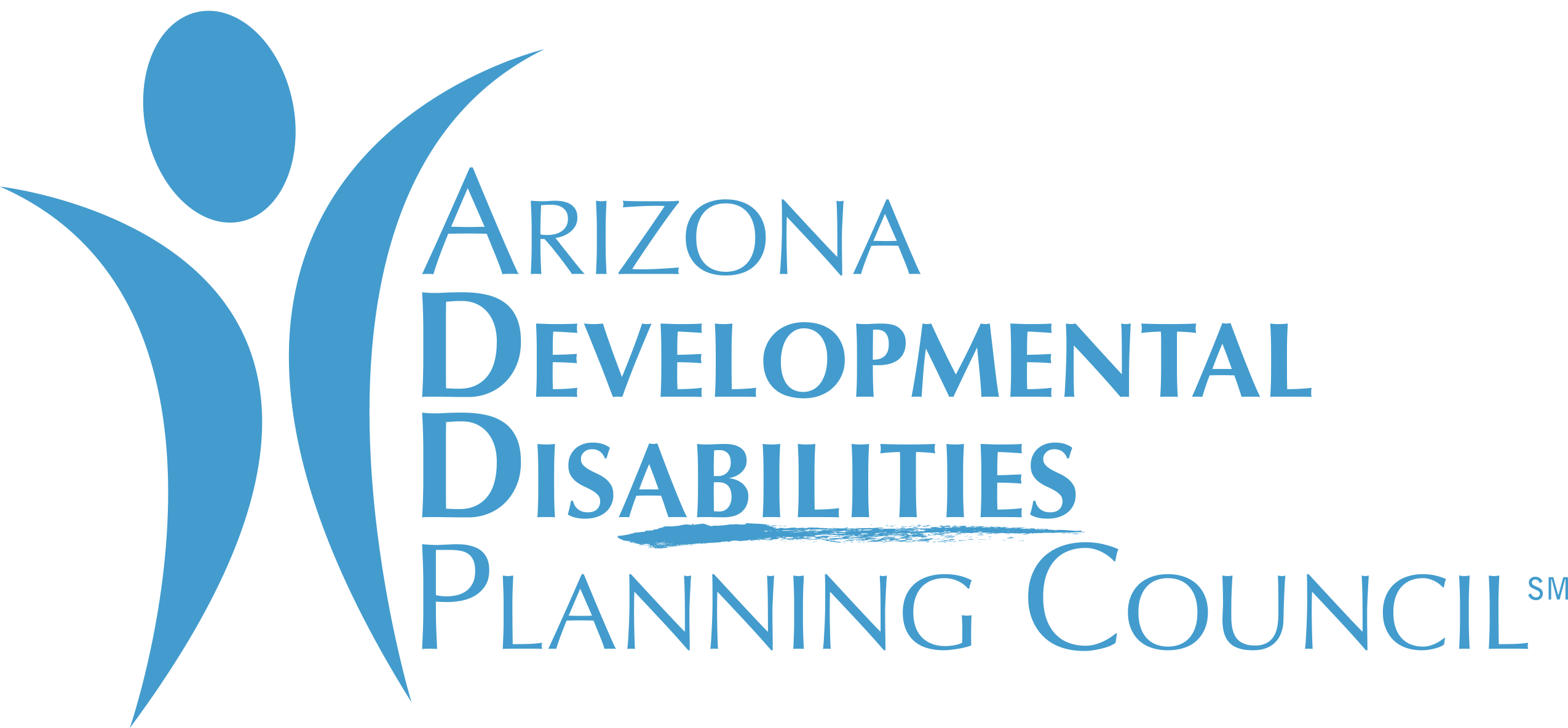Supported Decision-Making

On June 20, 2023, Governor Katie Hobbs signed into law Senate Bill 1291, formalizing a meaningful alternative to guardianship for Arizonans with disabilities called Supported Decision-Making (SDM).
What is SDM? As defined by the American Civil Liberties Union, SDM is a tool that allows people with disabilities, including intellectual or developmental disabilities (I/DD), to retain their decision-making capacity by choosing supporters to help them make choices. A person using SDM selects trusted advisors, such as friends, family members, or professionals to serve as volunteer supporters. These supporters agree to help the person with a disability understand, consider, and communicate decisions, giving the person with a disability the tools to make the final decisions.
How is SDM different from guardianship? Guardianship is the legal process whereby a state court appoints a person or organization to have the care and custody of an adult or child who has been determined to be legally incapacitated. Parents are the assumed legal guardians of their minor children, but a guardian may be appointed for a child if the parents are not able to fulfill that role. An incapacitated adult is one who has been determined by a court to lack capacity to make some or all personal and/or financial decisions and for whom a guardian is necessary.
Typically, when a guardianship is imposed the “ward” (the individual with a disability) has his or her rights taken away and all decision-making authority is placed with the guardian. Guardianships are imposed to protect the ward from abuse, neglect, and exploitation. Guardians are expected to act in the best interests of the individual and to make decisions over medical, psychiatric, behavioral, and all other aspects of the person’s care that are authorized by the court.
In addition to allowing individuals to retain their rights, SDM can significantly reduce the isolation too often experienced by people under guardianship and it improves the safety and well-being of individuals with disabilities by creating a network of support team members who are routinely involved in those individuals’ lives.
ADDPC strongly supports the rights of individuals with intellectual and developmental disabilities to make decisions for themselves and determine the course of their own lives to the extent of their capacity to do so. “The passage of the SDM legislation is a victory for Arizonans with I/DD,” said Jon Meyers, ADDPC Executive Director. “It promises exciting new opportunities for individuals to have their own voices heard and respected. This moment has been a long time coming and many, many people worked to make it a reality.”
What does SB 1291 do?
-
Creates a less restrictive alternative to guardianship, which is required to be considered before rights are removed through guardianship.
-
Offers legal protections for individuals with disabilities who choose to utilize Supported Decision-Making and for the individuals who agree to serve as supporters.
-
Provides a model SDM Agreement, a legally recognized document in Arizona that benefits people with disabilities, their support networks, and the professionals with whom they interact.
-
Requires all persons serving as supporters to act as mandated reporters.
-
Establishes legal recourse for improper actions by a supporter. Any supporter who intimidates or deceives the person with a disability or who abuses any authority granted in the supported decision-making agreement is subject to criminal prosecution and civil penalties.
-
Allows for the agreement to be terminated by either party, at any time, if the arrangement is not working or life circumstances change.
-
Goes into effect on January 1, 2024.
-
DOES NOT affect legal guardianship – there is no impact on either existing guardianship arrangements or the rights of caregivers to seek guardianship when it is appropriate.






